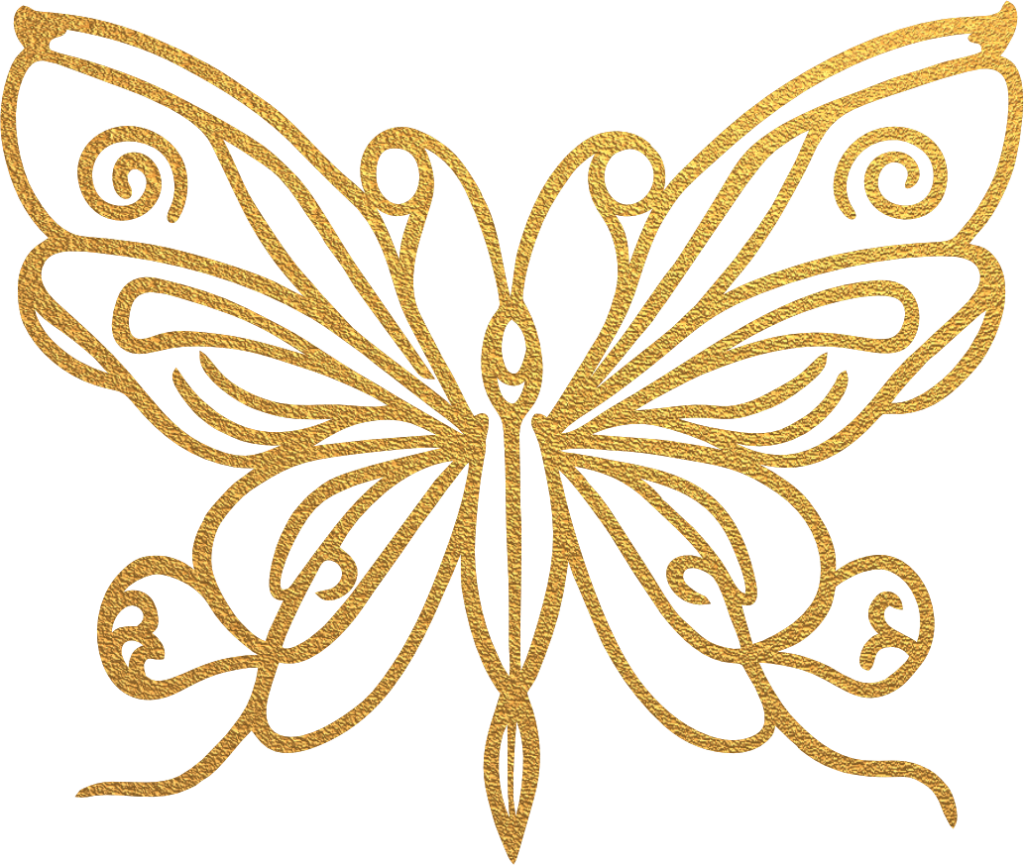 Childishness or Maturity in Relationships: How to Build a Genuine Connection?
Childishness or Maturity in Relationships: How to Build a Genuine Connection?
Relationships are an inseparable part of our lives. We are constantly creating them—with our partners, children, parents, friends, colleagues, or even with ourselves. Whether it’s a romantic, familial, friendly, or work relationship, all of them reflect who we are. This makes the topic relevant to everyone because no one lives outside the web of relationships.
When reading this article, read it for yourself. Don’t project its content onto your partner, mother, sister, or friend. Don’t think, “I wish they could understand this,” or “This is exactly what she needs to read.” This information is meant for you—to help you understand yourself, inspire your growth, and guide your transformation.
Only you are responsible for your relationships, and change begins with you. So, let’s dive into the topic we’ll explore: the dynamics of childishness and maturity in relationships.
Childishness or Maturity in Relationships: How to Recognize and Build a Real Connection?
Have you ever felt like your relationship resembles a kindergarten? Arguments, stubbornness, “silent treatments,” and the need to control everything may seem like inevitable parts of being together. But is that really true? In this article, we’ll explore the concepts of childishness and maturity in relationships and look at how to transition from chaotic emotional games to harmonious and mindful connections.
What Is Childishness in Relationships?
Childishness in relationships represents emotional immaturity, where a person expects others to be responsible for their happiness. It manifests in stubbornness, manipulation, or even silent protests—behaviors aimed at controlling the situation while avoiding accountability.
How does it show up in everyday life?
- “Others must make me happy.” This is the core of childishness—expecting that a partner, friends, or family will fill your emotional voids.
- “If you love me, you will…” A conditional mindset where love becomes a transactional exchange.
- “I’m upset, so I’ll stay silent.” Silent treatments or emotional blackmail are classic tools of a childish ego.
Does this sound familiar? Many of us grew up in environments where such behaviors were modeled as acceptable. However, they are not love—they are primitive ego games.
What Is Maturity in Relationships?
Maturity begins when we stop blaming others for our emotions and take responsibility for our inner world. Mature people:
- Understand that their happiness is their own responsibility.
- Strive to understand their partner and build a shared connection rather than merely seeking personal benefits.
- Act out of unconditional love—not to please, gain approval, or get something in return, but simply because doing good feels good.
A mature person in a relationship says:
“I do something kind for you not because I expect something back, but because it brings me joy to see your happiness. That makes me happy.”
The Child and the Adult Dynamics in Relationships
Often, one partner takes on the role of the “child,” while the other creates an enabling environment by becoming the “parent.” This dynamic may feel comfortable but destroys true partnership. The “parent” cares, provides, and supervises but rarely receives equal responsibility from the other side.
Why does this happen?
Unhealed childhood traumas, guilt, or fear often shape these patterns, transferring emotional baggage into adult relationships. People unconsciously seek not a partner but a caretaker to ensure their happiness.
Why Is Healing the Inner Child Important?
The inner child is the source of our emotions. If it is hurt, our reactions will be childish—stubbornness, tantrums, emotional blackmail. Healing the inner child opens the door to mature relationships based on respect and equality.
How to do it?
- Start with yourself. Stop blaming others and ask yourself, “Why is it so important to me that my partner apologizes first? What am I trying to prove?”
- Learn to accept your emotions. When overwhelmed by anger or disappointment, pause and ask, “Am I reacting as an adult or as a wounded child?”
How to Recognize Unconditional Love?
Unconditional love is not about transactions or conditions. It doesn’t ask, “What will I get in return?” It simply exists.
- It takes pleasure in making the other person happy.
- It doesn’t seek to control, change, or force the other person to be different.
- It refuses to play the victim role and avoids nurturing the victim in others.
Unconditional love also rejects ego games—stubbornness, manipulation, or blame. Instead, it opens the path to a genuine connection where both individuals feel safe and free to be themselves.
Relationship Dynamics Through a Psychosomatic Lens
Childishness in relationships not only complicates communication but also directly affects our health. Women, in particular, often take on a “mother” role for their partners, which drains their energy and can manifest in health issues—especially in the reproductive system.
The solution lies in healing fears, releasing resentment, ending karmic contracts, setting boundaries, and preserving energy. It’s essential to understand that caring for others doesn’t require self-sacrifice.
Conclusion: How to Transition from Childishness to Maturity?
Creating harmonious relationships requires letting go of childish games and taking responsibility for your emotions.
- Start with yourself: heal childhood wounds and learn to accept yourself.
- Practice respect and unconditional love—for yourself and your partner.
- Avoid manipulations and ego-driven behaviors.
Relationships are a school where we grow. To mature means not only to recognize your behavioral patterns but also to have the courage to change them. Mature relationships aren’t just a dream—they’re possible when both partners choose a mindful path.
In our “Life Balance” course, where we delve into healing fears, the inner child, relationship harmonization, and spiritual growth. This is your journey to true happiness in relationships and within yourself.
I’d love to hear your thoughts in the comments—what resonated with you, what stood out, or what reflections it sparked. Thank you for sharing!
